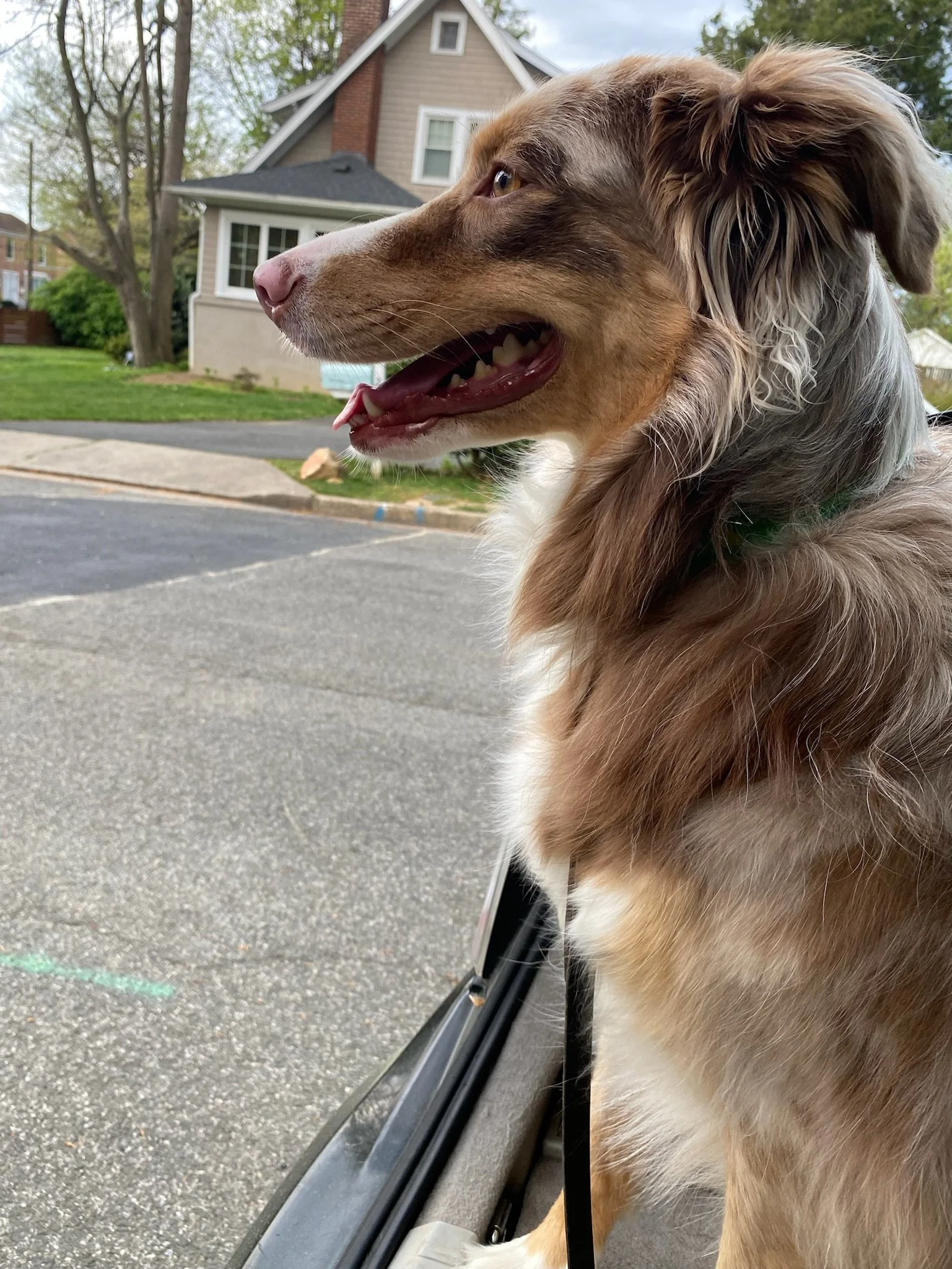As a dog owner, you may wonder if it’s worth investing time and effort into training your older dog. Whether you have a new adult rescue dog, a dog that has developed behavioral issues over time, or simply want to live in better harmony with your pup, it’s never too late for dog training.
It’s a common misconception that older dogs are set in their ways and cannot learn new behaviors. The truth is that dogs of any age can benefit from training. While it’s best to get started young, training can help adult and even senior dogs live happier lives.
Let’s look at the benefits of training your adult dog and why it’s never too late to start teaching your furry companion.
Training Older Dogs Has Many Benefits
Just as with training younger dogs, training older dogs has many benefits.
Mental stimulation. Training is a mentally stimulating activity for dogs of all ages. Engaging your older dog in training exercises helps keep their mind sharp and prevents cognitive decline.
Bonding and communication. Training provides an excellent opportunity to strengthen your bond with your dog. Clear communication and positive reinforcement during training sessions can deepen your connection and enhance the overall relationship.
Problem solving. Training teaches dogs the skills necessary to solve problems and make good choices. This can help older dogs navigate common challenges, such as separation anxiety, leash pulling, or excessive barking.
Adaptability. Dogs are capable of learning and adjusting to new behaviors regardless of their age. Dogs have a remarkable capacity for growth and development, and training can help older dogs adapt to changes in their environment or routine.
What to Expect When Training an Older Dog
There are a few things to keep in mind when training an older dog. Training an adult dog is different from teaching a young puppy, so here’s what you can expect when working with your adult fur baby:
Training May Take Longer
Older dogs may take longer to grasp new commands, so it’s important to be patient and understanding. Every dog is different, but you may need to break down training sessions into shorter, manageable segments to avoid overwhelming your dog.
Find What Motivates Your Dog
Positive reinforcement can help older dogs respond well to training methods, so find what motivates your pup. It may be treats, praise, or affection. Rewarding desired behavior encourages your dog to repeat it and enhances their motivation to learn. It can also generally make training more enjoyable for both you and your dog.
Remember Each Dog Is Different
Every dog is unique, so you’ll need to adjust your training methods and tools to suit your pup. Remember that older dogs may also have specific challenges or limitations when learning new skills. Adapt your training techniques to suit your dog’s physical abilities and any existing health conditions or previous trauma they may have.
Invest in Professional Training
Training a dog properly can be challenging, regardless of their age. Older dogs can pose more of a challenge because of the patience and adjustments it can take. If you’re unsure about the right training methods for your adult dog, consider consulting a professional dog trainer. They can provide personalized guidance and develop a training plan tailored to your dog’s age and abilities to help them learn and thrive.
Nova Pack Works With Dogs of All Ages
Age should never be a deterrent when it comes to training your dog. Older dogs can benefit greatly from training, both mentally and behaviorally. With time, consistency, and a little effort, you can help your older dog learn new behaviors, strengthen your bond, and make their golden years fulfilling and rewarding.
Nova Pack Dog Training works with dogs of all ages, because we believe it’s never too late to invest in training and provide your dog with the mental stimulation and enrichment they deserve. Contact us today to schedule an in-home consultation for your adult dog!




